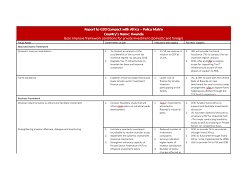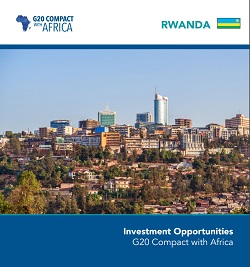
In the last two decades, Rwanda has achieved macroeconomic stability, boosting economic growth and reducing poverty; low levels of government debt; a market-friendly policy environment; political stability, rule of law, and zero tolerance for corruption; and a comprehensive program of investment in energy, agriculture, ICT, and tourism. Rwanda is currently second in terms of the ease of doing business among sub-Saharan countries, and 56th globally (out of 190 countries) in the World Bank’s 2017 Doing Business Report. The development policies under Vision 2020 and the Economic Development Poverty Reduction Strategies aims to foster structural transformation, speeding up Rwanda’s progress towards becoming a middle-income status country and creating a better quality of life for all Rwandans.
Key Indicators |
||
| Population in millions, 2022 | 13.2 | |
| GDP per Capita, U.S. dollars, 2022 | 1005 | |
| GDP Growth, percent, 2022 | 8.2 | |
| Inflation, CPI average, change in percent, 2022 | 13.9 | |
| General Government Debt, percent of GDP, 2022 | 61.1 | |
| Source: WEO, October 2023 | ||
Industrial Parks
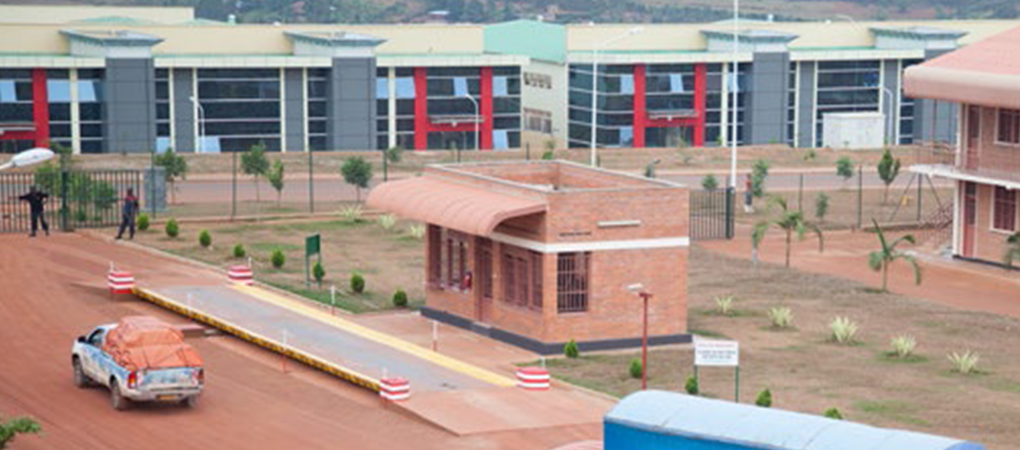
Develop and operate industrial parks—$215 million
- Unavailability of readily developed factory units constitutes a main constraint to light manufacturing investment into Rwanda.
- The government is looking for a real estate developer to establish (and potentially operate) industrial parks that provide “Advance Factory Units” for light manufacturers.
- The government has secured land (estimated build-up size 13,180m2) that is ready for purchase and development. The properties are well-connected via road and national grid.
Textiles and Garments
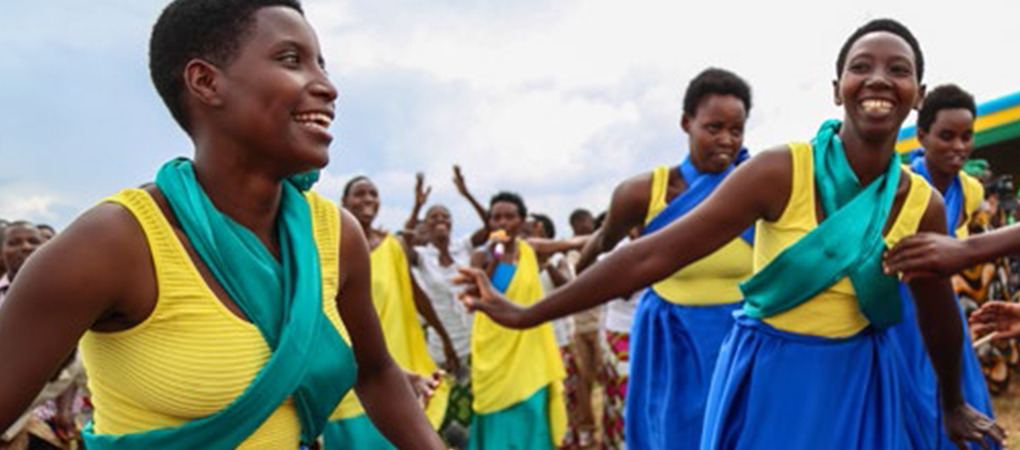
The textile and apparel industry in Rwanda is small with only two major textile manufacturing companies (C&H, UTEXRWA), a number of sizable small to medium-scale operators, knitting cooperatives and a silk sector, which is in its infancy. Given the unique characteristics of the Rwandan market, the following local production options seem most promising:
- Manufacture of mosquito bed nets for malaria prevention: Rwanda promotes universal coverage of long-lasting insecticidal nets as part of an integrated strategy to combat malaria
- Processing of cotton, wool, and other woven fabric for use in uniforms and work wear
- Weaving bed sheets and towels
- New garments manufacturing—Rwanda has banned imports of second-hand clothing
Air Cargo and Railways
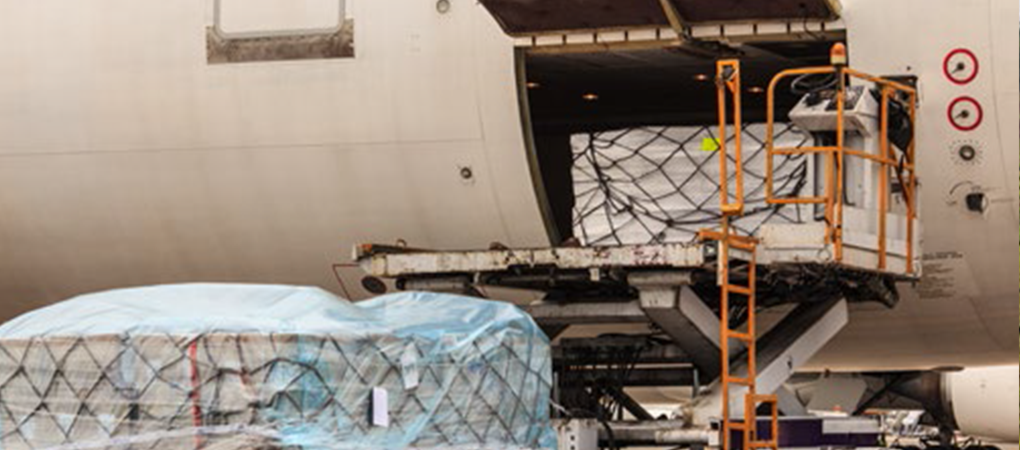
Air Cargo
- The government is looking for a cargo investor to decrease prices and increase capacity and is open to a variety of arrangements, including contracts with new air cargo carriers and partnership and co-investment agreements through its national carrier RwandAir.
Standard Railway Gauge for Central Corridor—$770 million
- The central corridor transportation corridor to Dar Es Salaam port in Tanzania presents the shortest connection to an international sea port for Rwanda. The government is looking for an investor to build and operate a railway line that connects to the existing Tanzanian railway system between Dar Es Salaam and Isaka.
Agriculture
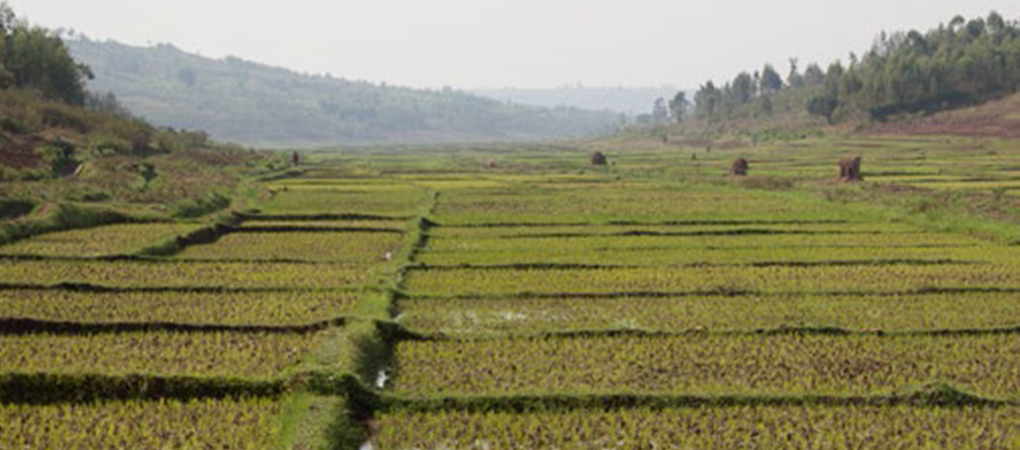
Gabiro Irrigation and Farming Project—$200 million
- A PPP initiative, starting at approx. 16,000 hectares in Gabiro. Lands will be allocated to qualified private sector companies and to local communities. A hybrid financing model based on government and private sector investments will be sufficiently used for establishing cutting-edge water infrastructure, sufficient energy supply, and smart and sustainable irrigation schemes.
Floriculture
- The government has developed a strategic investment to jumpstart the floriculture industry in Rwanda. This constitutes 65 hectares at Gishari and 15 hectares at Nyacyonga. The government wishes to provide the land to investors through leasing or acquisition.
Affordable Housing
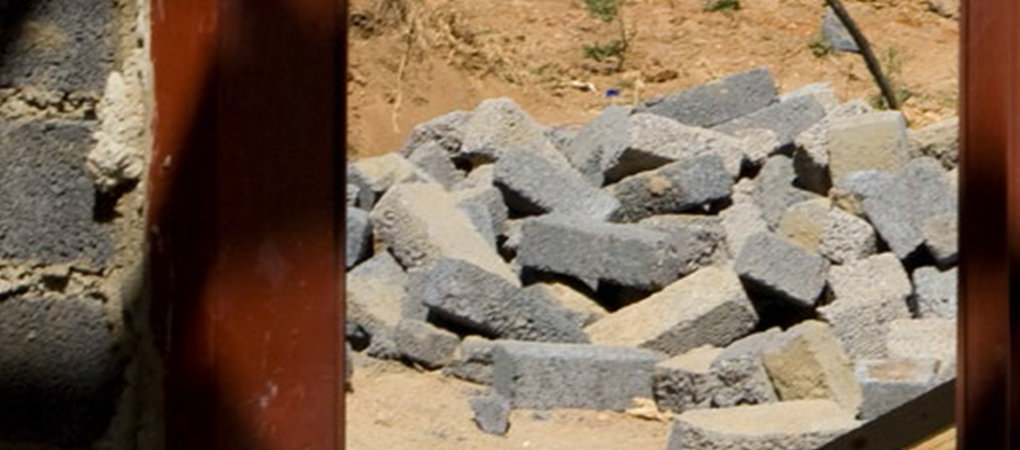
Affordable Housing Scheme—$250 Million
- Housing Market Study showed that 340,000 units are needed by 2022, of which 86% should be affordable housing and mid-range housing.
- Main challenges include high cost of land and building materials, limited building technology for affordable housing and lack of long term and low-cost finance for affordable housing.
- The Government is seeking to establish an Affordable housing financing facility/fund with participation from the government, international financial institutions, and private investors.
- The Government is also seeking experienced developers/investors to enter into PPPs/JVs aimed at increasing Rwanda’s stock of affordable housing and will pilot a package of bankable projects for implementation in the Kigali districts of Rugarama and Kinyinya.
Energy
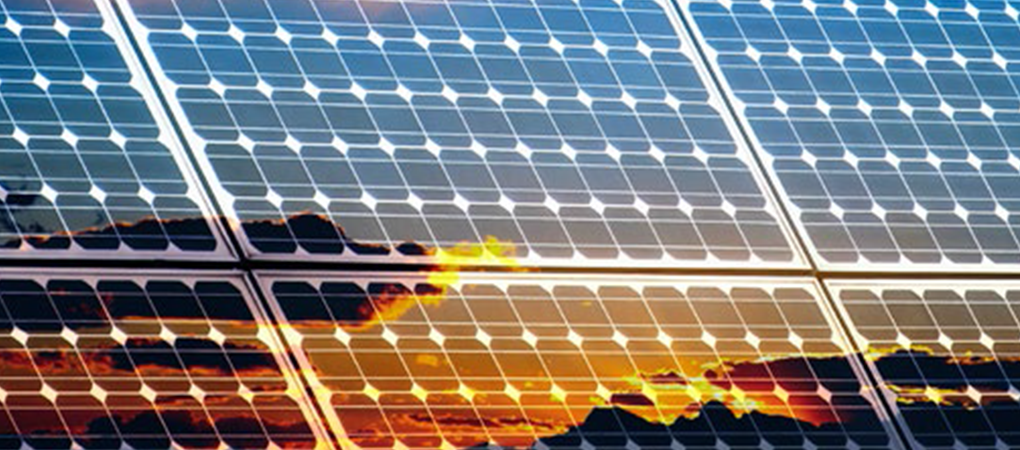
Off-Grid Systems and Solar Mini-Grids
- Rwanda has high solar irradiance. Global horizontal irradiance (GHI) was recorded in eastern province at 1890 kWh/per square meter.
- Opportunities include standalone solar home systems, mini-grid solar projects with hybrid and storage solutions.
- There is also a high demand for solar energy systems, especially in remote rural areas for lighting where there is no power grid.
Nyabarongo II Project—Estimated $520 million
- The project is multipurpose hydropower generation of 128MW with integrated components for water supply and irrigation systems.
Country
| Leonard Rugwabiza Minega | ||
| leonard.rugwabiza@minecofin.gov.rw |
| Gerald Mugabe | ||
| gerald.mugabe@minecofin.gov.rw |
| Thierry Watrin | ||
| thierry.watrin@minecofin.gov.rw |
African Development Bank
International Monetary Fund
World Bank Group
